Effective Land Clearing Timing Guide
Land clearings involve removing trees, brush, and other vegetation to prepare a site for development, agriculture, or other purposes. Timing plays a crucial role in ensuring efficient work, cost-effectiveness, and safety. The optimal period depends on weather conditions, vegetation type, and project goals.
Spring offers moderate weather and active plant growth, making it suitable for clearing before the growing season begins.
Summer provides longer days and warmer temperatures, ideal for large-scale projects, though higher temperatures require precautions.
Fall is often preferred due to cooler weather and dormancy of many plants, reducing regrowth and making cleanup easier.
Winter is suitable in milder climates; frozen ground can facilitate removal, but weather constraints may delay work.
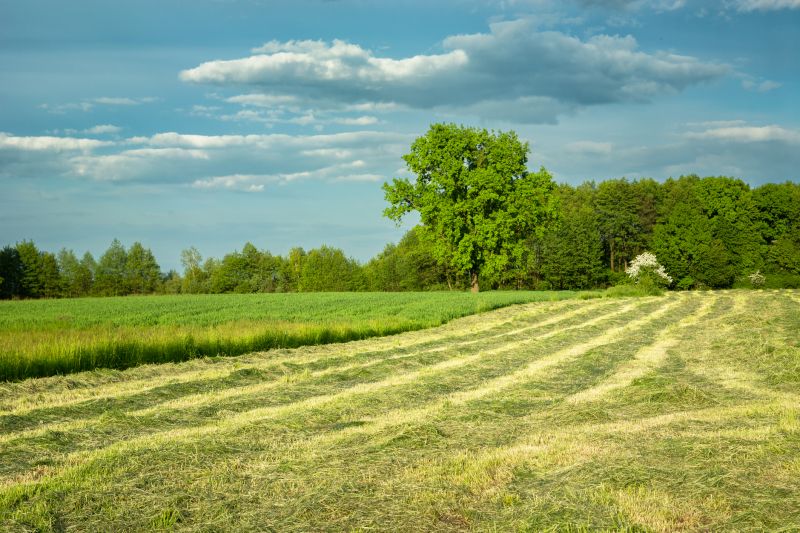
Vegetation is beginning to grow, making it an optimal time for removal before full growth.
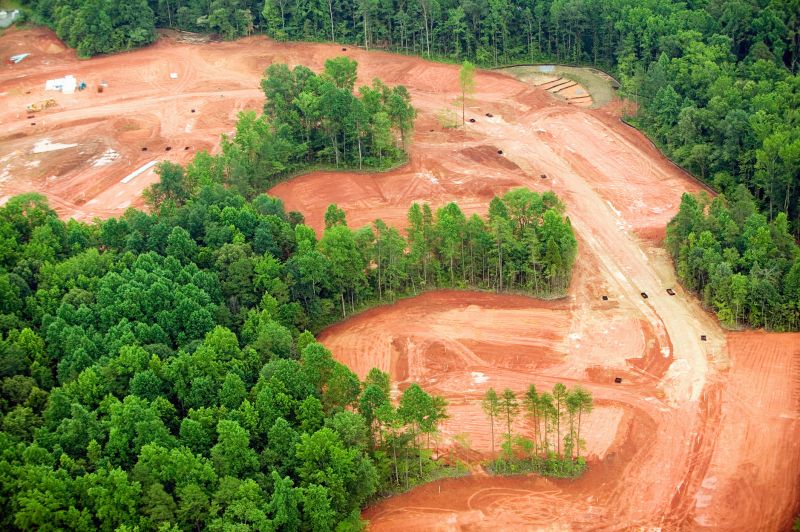
Longer days and warm weather support efficient project completion.

Dormant plants reduce regrowth and facilitate cleanup.

Frozen ground can aid removal in suitable climates.
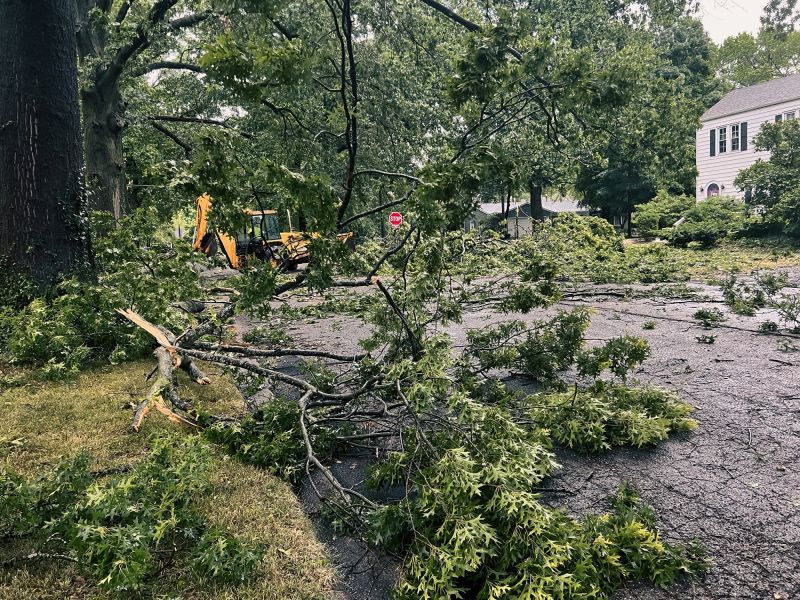
Storms can cause fallen trees, creating opportunities for removal.
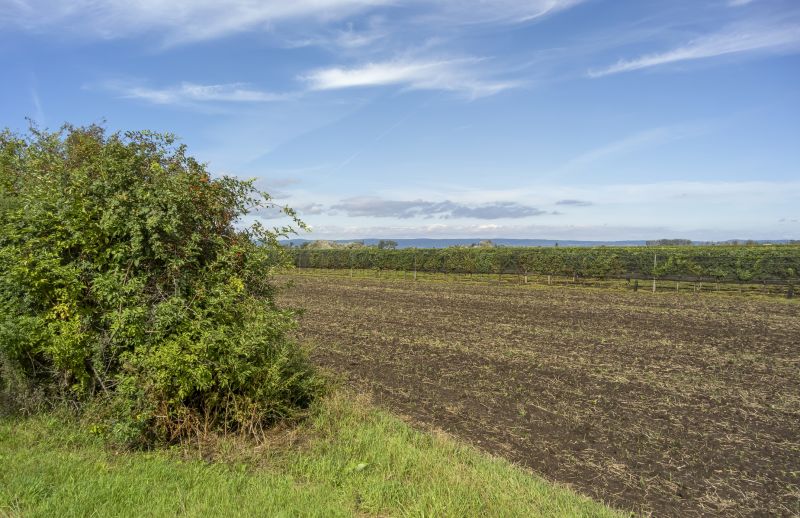
Lower moisture levels reduce soil compaction and erosion risks.
| Season | Ideal Conditions |
|---|---|
| Spring | Moderate temperatures, active plant growth |
| Summer | Longer daylight hours, warm weather |
| Fall | Cooler temperatures, plant dormancy |
| Winter | Frozen ground in mild climates |
Land clearings are an essential step in preparing land for various uses, including construction, agriculture, and landscaping. Proper timing ensures that vegetation removal is efficient, minimizes regrowth, and reduces the risk of soil erosion. Each season offers distinct advantages and challenges, making it important to consider local climate conditions and project requirements.
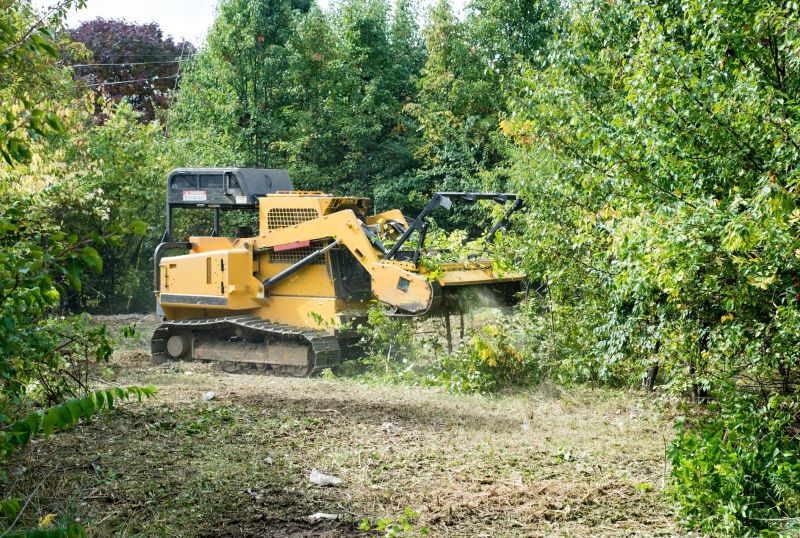
Heavy machinery such as bulldozers and excavators are commonly used for efficient vegetation removal.
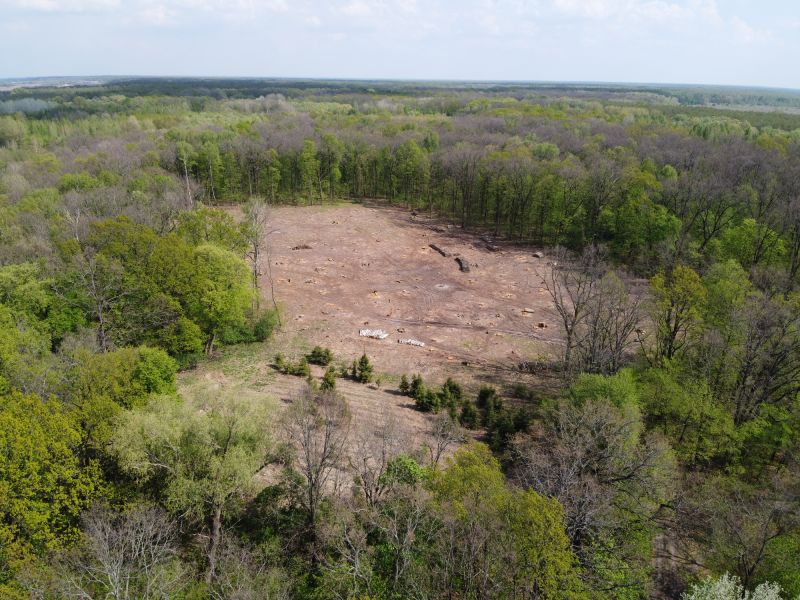
Trees, shrubs, and brush are cleared to create a clean, level site.
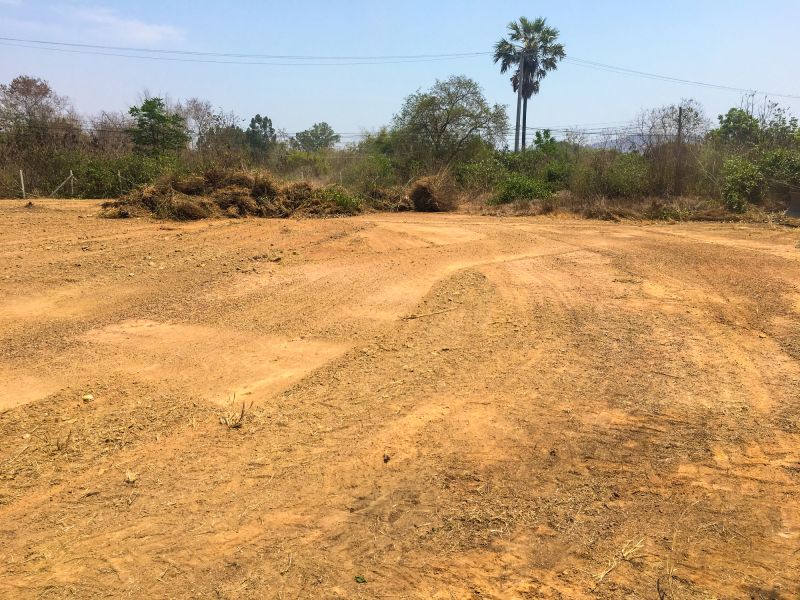
Cleared land is graded and prepared for construction or planting.
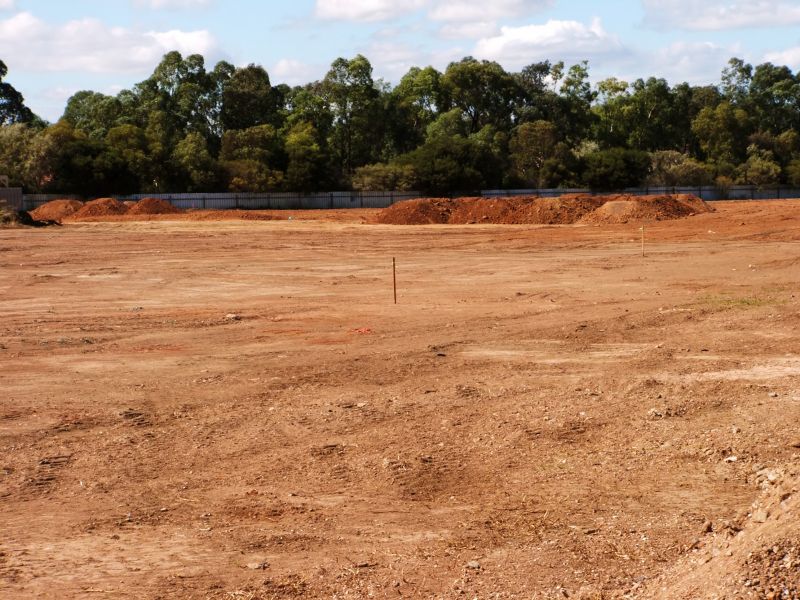
The land is ready for development, with minimal obstructions.
Choosing the right time for land clearing can impact project timelines and costs. It is advisable to evaluate seasonal weather patterns and vegetation cycles to determine the most suitable period for each specific site. Proper planning ensures a smooth process and optimal results for land development projects.
Interested in scheduling a land clearing project? Fill out the contact form to get started.
